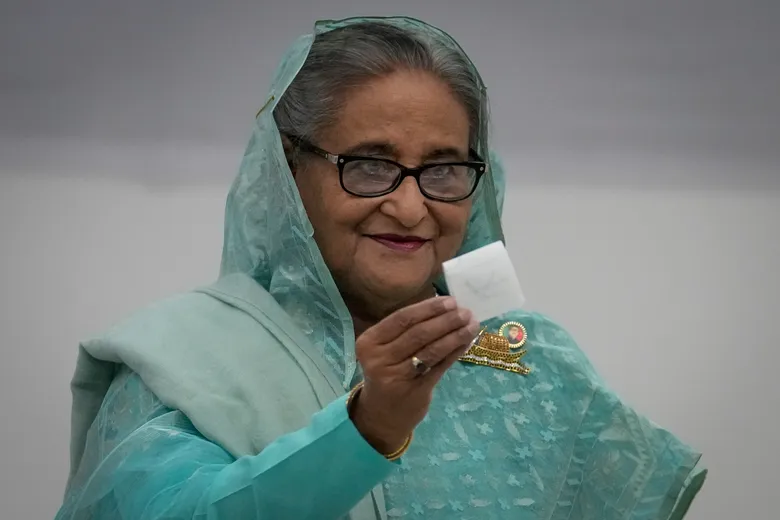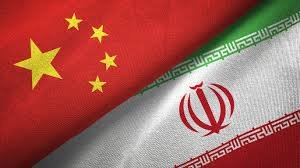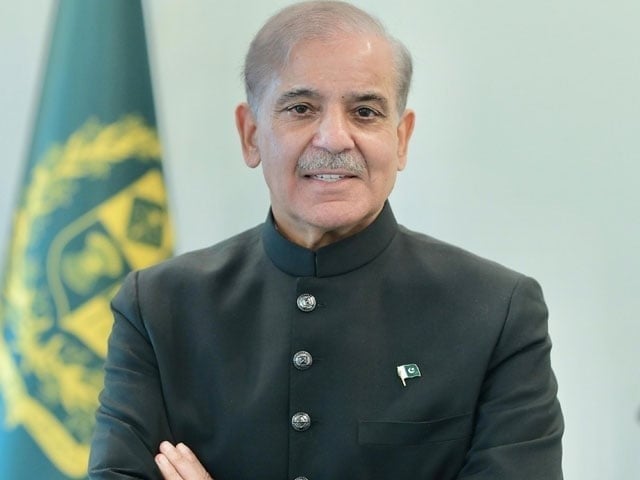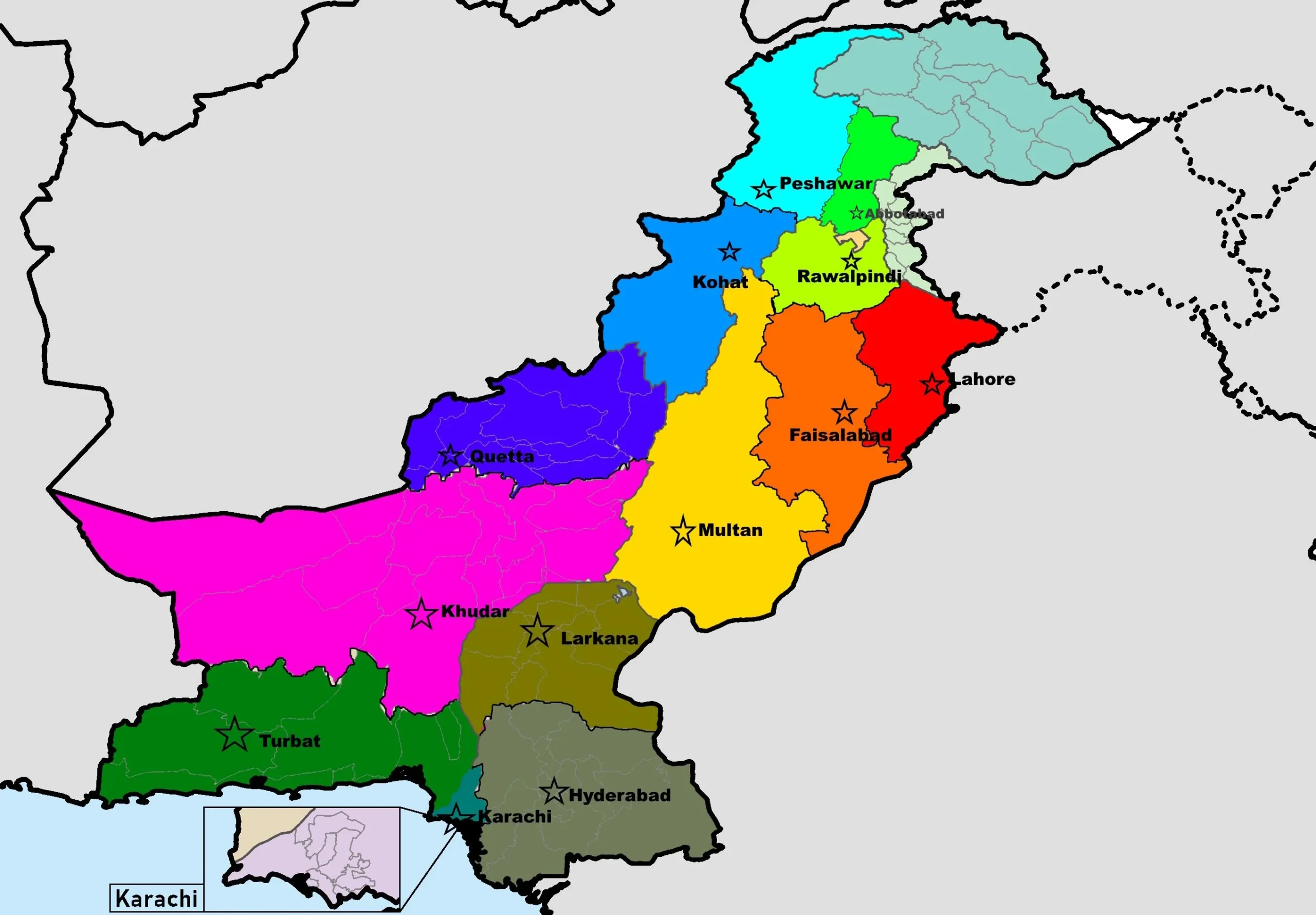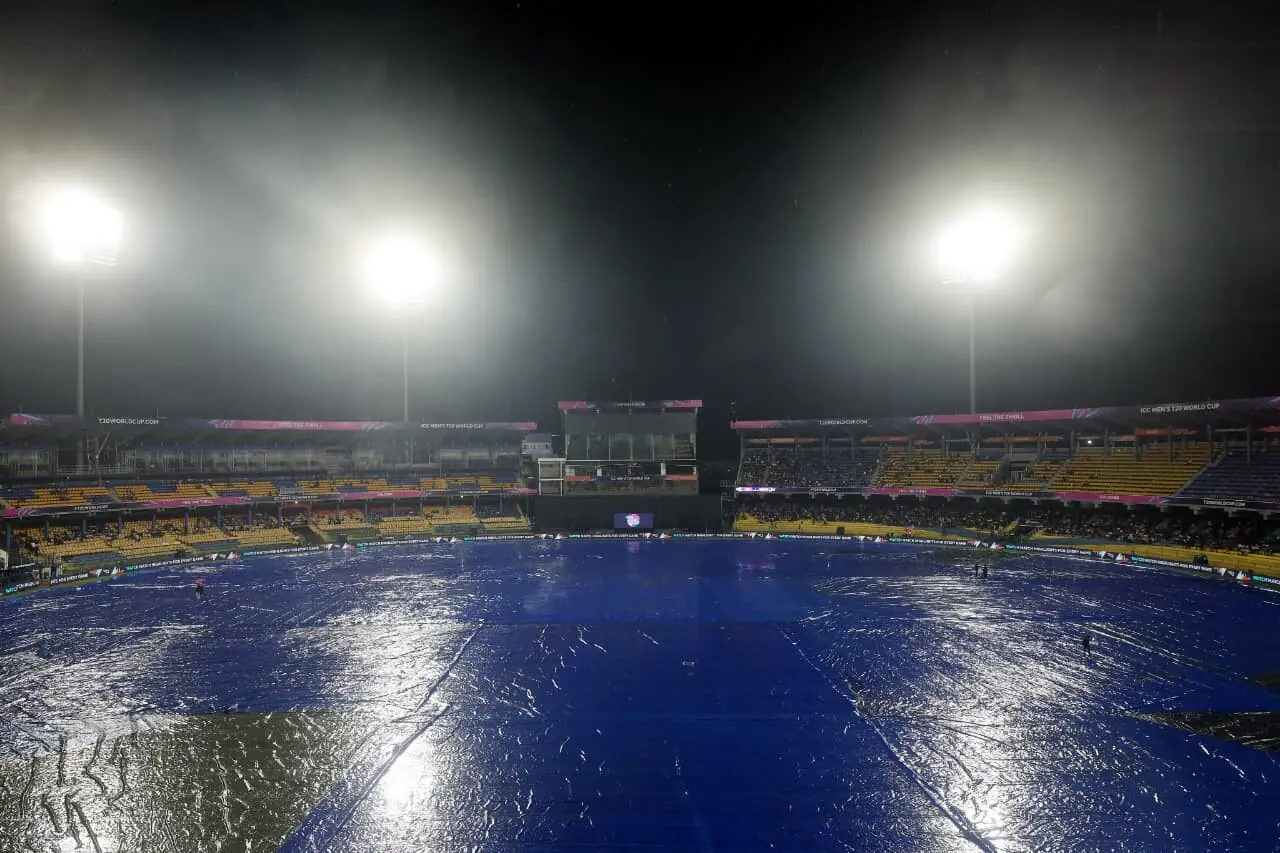The first rays of dawn in Bangladesh on Sunday marked the beginning of a general election shrouded in controversy and boycott. Prime Minister Sheikh Hasina cast her vote early alongside family, but the chill of the morning reflected a tepid enthusiasm among the electorate. This election, set to crown Hasina and her Awami League with a fourth consecutive term, has been cast into doubt by the absence of the main opposition party, the Bangladesh Nationalist Party (BNP), and reports of pre-polling violence.
Despite the festive red backdrop of her party’s colors, Hasina couldn’t escape the shadow of uncertainty hanging over the poll. Witness accounts spoke of a low voter turnout, echoing the anxieties swirling around the legitimacy of the process. The tragic train fire of Saturday and the string of attacks on polling stations in the run-up to the election added a layer of grim foreboding to the day.
The BNP, citing concerns about authoritarianism and lack of a level playing field, opted to boycott the election, leaving the political landscape starkly polarized. Rights groups raised alarms about Bangladesh potentially inching towards one-party rule. In the absence of credible competition, the question loomed large: would this be a coronation or a democratic exercise?
While Hasina confidently proclaimed her answerability to the people of Bangladesh, the international community expressed concerns about the fairness and credibility of the poll. Western nations, crucial trading partners for Bangladesh’s garment industry, urged for a transparent process. But with the echoes of anti-government protests still fresh in memory, the spectre of dissent hung heavy in the air.
Hasina, a figure of both admiration and criticism, is credited with propelling Bangladesh’s economic growth. However, accusations of human rights abuses and stifling dissent have tarnished her legacy. The economic slowdown triggered by the war in Ukraine further complicates the picture, raising questions about the future of Bangladeshi prosperity under her continued rule.
As the day unfolds and votes are cast, Bangladesh finds itself at a crossroads. Will this election solidify Hasina’s reign or herald a new era of political uncertainty? Only time will tell whether the low turnout represents apathy or resistance, and whether the shadow of boycott ultimately undermines the legitimacy of the democratic process. One thing is certain – Bangladesh’s future hangs in the balance, intricately woven into the tapestry of this contested election.
Please, subscribe to the YouTube channel of republicpolicy.com



